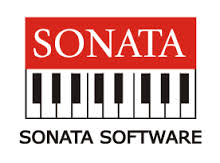1 min read
Next Trends In Smart Technology

Smart technology has paved its way into various aspects
Tags:
- 3D holographic technology
- commence operations
- commercially available
- Facebook millionaire Ezra Callahan
- guest experience
- holiday companies
- hotels
- latest “Li-Fi” technology
- latest in-room technology
- new-tech travel charge
- room keys
- self-gained information
- Smart technology
- travelling experience
- Trivago elaborates
- visual spectrum







